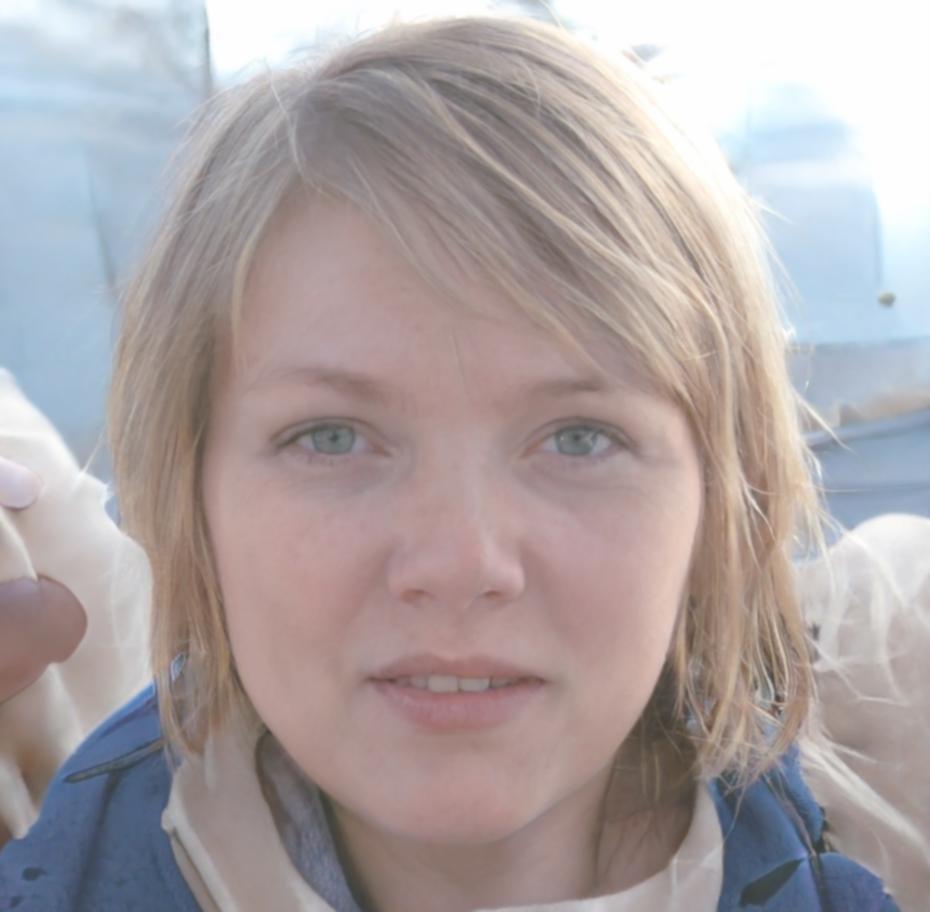Are You Ready? (Honest Check)
Look, we're not gatekeeping here. But financial modeling isn't something you jump into on a whim. Some people think they need a finance degree—that's not true. Others think they can wing it—also not true.
What actually matters? A decent grasp of numbers, curiosity about how businesses tick, and patience for detail work. Our September 2025 intake saw 87 participants start strong because they came prepared with realistic expectations and a willingness to get their hands dirty.
- Comfortable with basic spreadsheet functions and formulas
- Understanding of fundamental business concepts like revenue and profit
- Can commit 6-8 hours weekly for focused learning
- Interested in how financial decisions shape business outcomes
- Patient with iterative problem-solving and testing assumptions
- Open to constructive feedback and refining your approach



